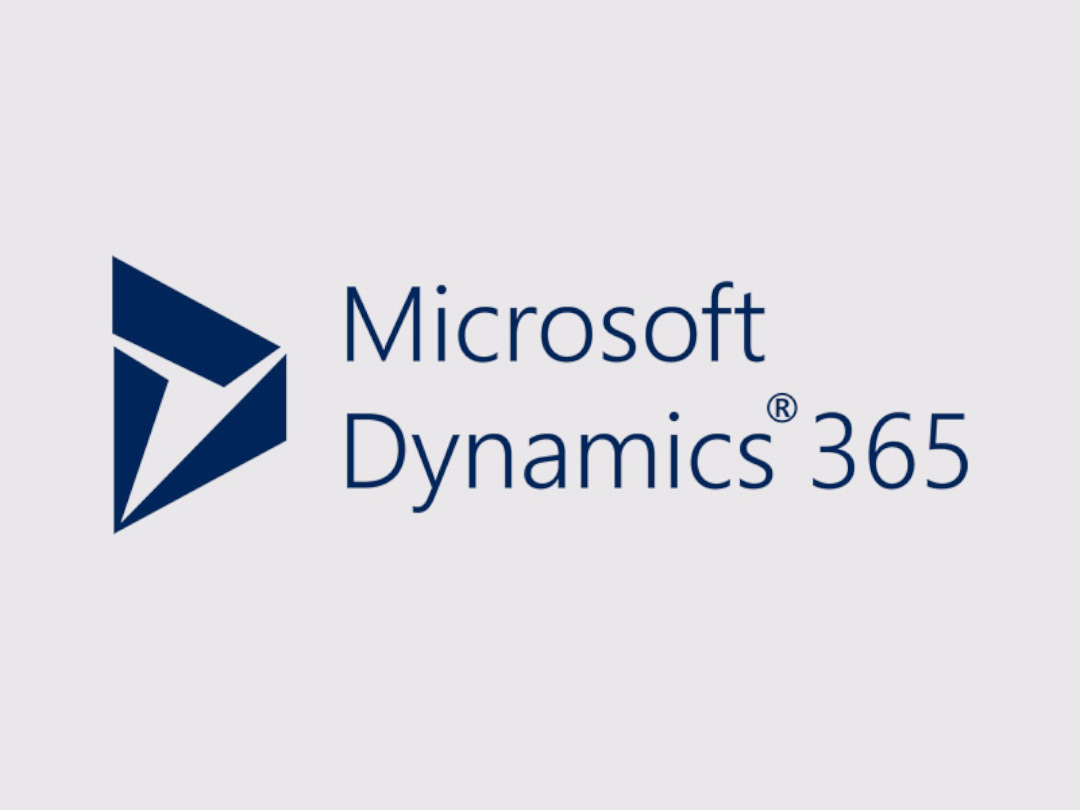It’s a busy time for licensing changes in the Dynamics 365 Customer Engagement (D365CE) space presently, as my post last week on the new API limits touches upon. This week, I heard that effective from Tuesday 1st October, the following D365CE related plans will be no longer available for purchase via the Cloud Solutions Provider (CSP) scheme:
- Dynamics 365 Enterprise Edition Customer Engagement Plan - Tier 1 (99 Users)
- Dynamics 365 Enterprise Edition Customer Engagement Plan for CRMOL Professional (Qualified Offer)
- Dynamics 365 for Sales, Enterprise Edition for CRMOL Professional (Qualified Offer)
CSP, for those unaware, is when you transact all of your licensing, support and billing through a Microsoft Partner, as opposed to dealing with Microsoft directly. Adopting this licensing model can typically introduce several benefits, including more cost-efficient licensing and the ability for partner organisations to offer more services to customers. If you are still buying your licenses directly from Microsoft, then I would urge you to make the jump across to CSP at the earliest opportunity.
Going back to the cancellations now. Considering that CRM Online has been dead, as a marketing construct at least, for three years now, it makes sense that these last two plans are retired. I highly doubt there is still an organisation with the old-style CRM Online licenses via CSP on their Office 365 tenant, thereby making qualification for these impossible to achieve. Where things get more interesting is when we consider the 99 users plan…
Could this be a means of (temporarily) avoiding increased licensing costs and API limits?
Currently, the Customer Engagement plan comes in at around £80-£90 per user per month. For this, you get quite a lot:
- Access to all base applications (Sales, Service etc.)
- Microsoft Flow
- PowerApps
- Forms Pro
- SharePoint Online (Plan 2)
- Microsoft Project (both online and the desktop app)
This smorgasbord may be overkill for specific organisations and does represent a pretty high cost of ownership, particularly if you only require access to the Sales app. In which case, you would typically purchase this at a much lower price, usually around the £70 mark. Now, with licensing shifting to a base + attach model (e.g. purchase Sales only upfront, and include Service later on for a reduced “add-on” cost), costs here could soar. Based on my calculations, you could be looking at paying around £130+ per user to access all base applications. These figures derive from the following post from QBS, which also provides an excellent summary of the upcoming changes as part of the October release. Therefore, could it be cheaper at this juncture to go for the above Customer Engagement plan as a new or existing customer?
Related to this is the whole furore over the API limits. Some interesting discussion and clarification points have arisen during this week on this very subject. In particular, there have been some informative posts from MVP’s Scott Durow and Gustaf Westerlund, providing some additional answers. The following points raised by this are of interest in the context of these CSP licensing changes:
- No new licensing information has been announced and is available as part of CSP price lists at the time of writing this post. It’s, therefore, difficult to compare apples with apples and see what the new state of play will be from October 1st, pricing wise.
- The Dynamics 365 Enterprise plan (i.e. the Customer Engagement Plan) has an API limit of 20,000 requests per month.
- The “add-on” capacity for API requests comes in at around $50 for 10,000 requests every 24 hours.
Therefore, “locking in” the Customer Engagement Plan offer before the 1st October could lead you to have more bang for your buck when it comes to features and API limits. Ultimately, while these benefits do sound amazing, keep in mind that you will be unable to use this license beyond any renewal date for the plan. Typically, this will be one year for CSP plans, making all of these benefits null and void beyond October 2020. However, it does at least present an opportunity for smaller organisations to save money and get more API requests, before having to have any problematic conversations in 2020 about price increases. For organisations who work on year-to-year budgets for licensing, this may be a concern that is not necessary to consider in-depth at this stage.
Now, ultimately, I would caveat this entire post by saying I am in no way a licensing expert. Thus, I would very much urge you to forward any queries to your internal/external specialist in this area. And you need to be under the threshold of 99 users within your organisation to ensure you meet the terms of this offer. Also, I would question how you could “sell” this as a solution in good faith, particularly when it could lead to higher costs in the long run. All you are doing is buying time, to either save money or forestall any refactoring of a solution consuming too many API requests. What I will say is that, if you’re currently using these licenses, start clarifying their renewal date(s) and consider your future options. Just don’t be surprised if your CSP provider can not give you a straight answer on the second point for now. I am unable to see any cast-iron information on my side (as an indirect CSP provider by day) to illustrate potential costings and migration pathways. So be sure to cut your CSP partner some slack if they don’t come back to you straight away 🙂
